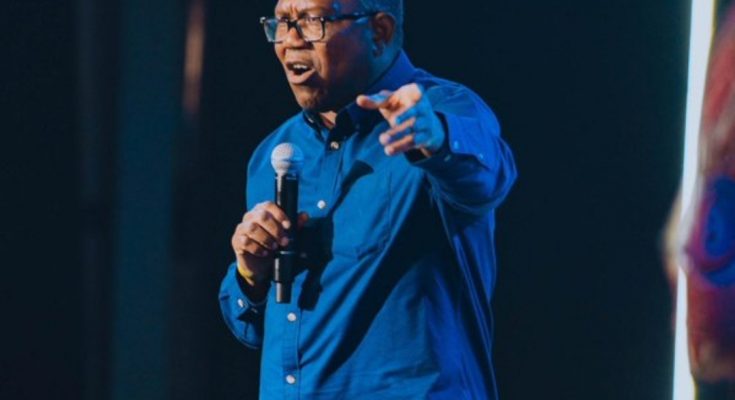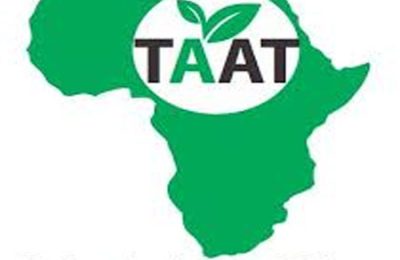The 2023 Labour Party presidential candidate, Peter Obi, has voiced frustration over Nigeria’s persistent electricity issues.
Reacting to Tuesday’s national power grid collapse, Obi described the situation as embarrassing and shameful.
“For the umpteenth time, the national grid has collapsed, plunging a huge part of the nation into darkness and exposing the fragility of Nigeria’s power infrastructure,” Obi said via X.

Advertisement
“This recurring disaster is a national shame and a glaring testament to the failure of leadership and policy implementation at the highest levels.
“How long must Nigerians endure a system that fails to provide one of the critical necessities for a productive society?” Obi asked.
Obi further emphasized the importance of energy security and stable power supply for Nigeria’s economic growth.

“We all know the immense importance of power supply to the transformation of our economy. Its support to SMEs, which are the engine of job creation and a major contributor to our GDP, is immeasurable,” he explained.
READ ALSO: Ikeja Electric Reports Another National Grid Collapse
Comparing Nigeria’s power generation to other African countries, the former Anambra Governor said, “Today, we are the fourth largest economy in Africa, having fallen from the number one position due to leadership failure over the years, including the persistent power crisis, which is critical when compared to smaller economies.
“South Africa, which is now the largest economy in Africa with a GDP of about $400 billion and 30% of our population, generates and distributes over 40,000 megawatts of electricity. Secondly, Egypt, the second largest economy with a GDP of about $350 billion and half of our population, generates and distributes over 40,000 megawatts. Algeria, the third largest economy, with about $300 billion GDP and 20% of our population, generates and distributes over 50,000 megawatts of electricity.”
“Nigeria, with less GDP but with more population than the three countries combined, generates and distributes less than 10,000 megawatts, and even that is riddled with frequent collapses and crises of failure. This disparity in power generation is a reflection of the deep-rooted governance deficit that continues to hold back our growth and potential.”
Obi concluded, “It is time for urgent, comprehensive reform. Nigerians deserve a government that prioritizes measurable indices of development.”








